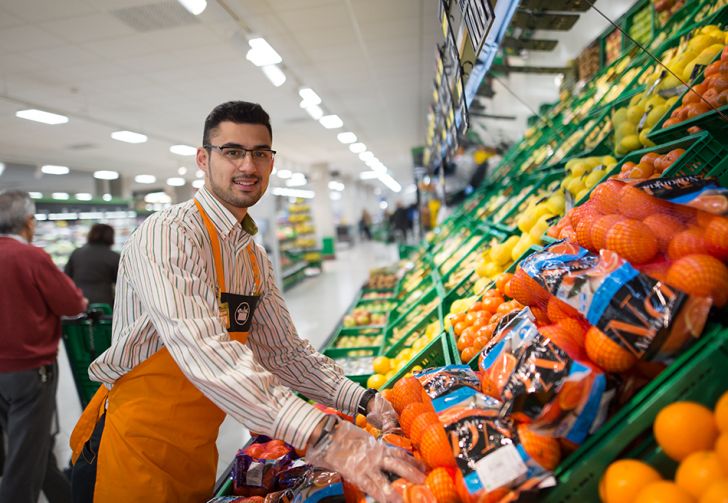In this article, we will look at how retailers are implementing sustainable practices such as the use of eco-friendly packaging, reducing their carbon footprint and increasing transparency in their operations, as well as giving specific examples from Ukrainian and foreign retail.
Eco-friendly packaging
1. Silpo (Ukraine)
One of the largest retailers in Ukraine implements environmental solutions in its stores. Silpo uses biodegradable bags and offers customers reusable shopping bags. In addition, the company actively participates in the separate garbage collection program, encouraging customers to dispose of waste properly.
2. IKEA (Sweden)
The Swedish furniture giant has long been known for its sustainability efforts. IKEA is gradually replacing all disposable plastic packaging with biodegradable materials. In addition, the company develops new types of packaging made from recycled and renewable materials.

3. Lush (United Kingdom)
This cosmetics company is known for its solid shampoos and soaps that do not require packaging. Lush is actively promoting the concept of “zero waste” by reducing the use of plastic and offering customers the opportunity to return jars for reuse.
Reducing the carbon footprint
1. Auchan (Ukraine)
The Ukrainian division of the French Auchan network has introduced an energy efficiency program that includes the use of energy-saving lamps and energy management systems. In addition, Auchan actively supports local producers, which reduces the carbon footprint of transporting goods.
2. Walmart (USA)
One of the world's largest retailers aims to reduce its greenhouse gas emissions by 1 billion tons by 2030. Walmart is investing in solar and wind power plants, as well as implementing energy-efficient technologies in its stores and logistics centers.
3. H&M (Sweden)
This international fashion clothing company is implementing an ambitious program to reduce its carbon footprint. H&M plans to become a fully carbon-neutral company by 2040, using renewable energy sources and reducing water consumption in the manufacturing process.
Transparency and ethics
1. “Eco-bench” (Ukraine)
This chain of natural products stores actively promotes transparency in its activities. “Eco-Shop” cooperates with local farmers and producers, providing customers with detailed information about the origin and quality of products.
2. Patagonia (USA)
The American sportswear company is known for its transparency and ethics. Patagonia publishes reports on its environmental impact, supports numerous environmental initiatives, and actively opposes fast fashion.
3. The Body Shop (United Kingdom)
This cosmetics company has been advocating ethical standards in production for many years. The Body Shop supports fair trade, does not test products on animals and actively fights against the exploitation of children in labor activities.
Conclusion
Sustainability and ethics are becoming an integral part of the strategy of many retailers. Consumers are willing to support companies that implement environmental and ethical practices, even if it means slightly higher costs. Through these initiatives, retailers not only maintain customer loyalty, but also make a significant contribution to the preservation of our planet.
































